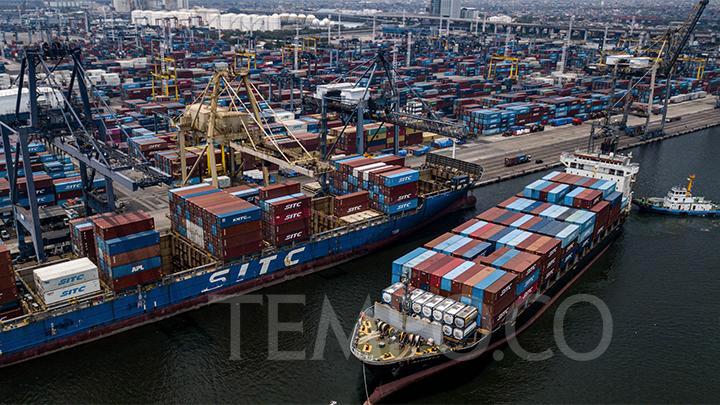Future of Public Health: Mobilizing COVID-19 Partnerships for Forgotten Diseases
Translator
Editor
28 May 2022 11:05 WIB

By: Cazadira F. Tamzil and Indira Zahra-Aridati, education and policy analysts; currently building Global Future X (by Pijar Foundation) – a movement to catalyze collaborative public, private, and community actions to solve the future now.
Health is a fundamental right. This is enshrined in global conventions, namely the International Covenant on Economic, Social, and Cultural Rights (ICESCR) which Indonesia has ratified through Law No. 11 / 2005. Yet, even before the COVID-19 pandemic, many could not realize this right to health. Global health and social systems have long neglected many diseases, partly those disproportionately impacting lower socio-economic classes. The pandemic and its accompanying mobility restrictions have exacerbated the situation, as hospitals and community health centers become less accessible for detection, prevention, or treatments.
While the pandemic has been a devastating crisis, it has simultaneously generated a powerful legacy for our global future: a robust coalition of public, private, and community actors with the systemic capacity to address urgent public health threats. As we begin to recover and reimagine the future of public health, we should consider directing some newfound COVID-19 capacities to tackle the world’s forgotten diseases, particularly to reduce deficits in public health information and infrastructure logistics.
In Indonesia, while the COVID-19 momentum is fresh, we could start with epidemiologically-similar respiratory diseases that contribute to high mortality, namely Tuberculosis (TB) and pneumonia. To mention but a few statistics, Indonesia has the world’s third-highest number of TB patients after India and China. As regards pneumonia, it is the top infectious killer of children under five in Indonesia, infecting over half a million children and leading to over ten thousand deaths annually.
COVID-19: A Wake-Up Call for Global Public Health
Global health systems have had gaps even before COVID-19. Such systems are rife with many ‘forgotten diseases’ – those generating heavy burdens yet scant attention and mitigation capacities. Many such forgotten diseases are those disproportionately affecting lower socio-economic classes and rural areas.
The pandemic has exacerbated such forgotten diseases since mobility restrictions have made hospitals or community health centers less accessible for early detection, preventive measures like vaccination or immunization, and post-diagnosis treatments. According to UNICEF’s 2021 Annual Report, amid the pandemic in Indonesia, 1 in every 10 households was unable to access children's immunization services, while 3 in every 4 households were unable to seek treatment for sick children.
UNICEF’s other survey in 2021 found that at the height of the pandemic, only 45% of respondents visited hospitals and 64% visited community health centers to access routine health services such as immunization, from the previous year’s 79% and 94%, respectively. While a devastating crisis, COVID-19 has left a powerful legacy for our global future: a coalition of public, private, and community actors in a scale and systemic capacity was unseen before. There was such large solidarity and partnerships against COVID-19 as a common enemy, which overcame gaps in our existing health systems. One powerful evidence is how Indonesia could achieve over 78.23% COVID-19 national vaccination rate (two doses) as of 28 April 2022.
As we begin to emerge from the pandemic, we should proportionally leverage these system capacities to address the world’s forgotten diseases.























